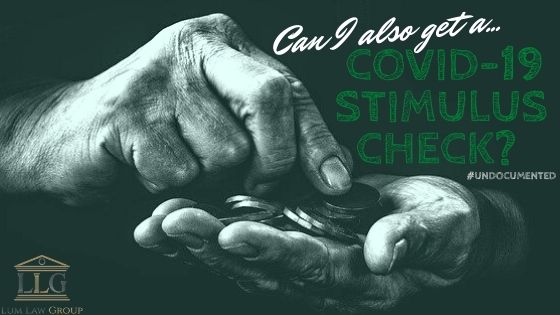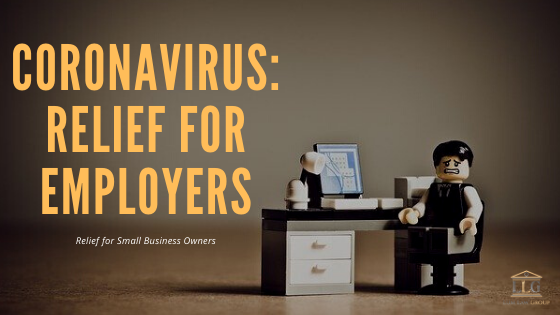If I have no legal immigration status, can I still get a COVID-19 stimulus check?
On April 15, 2020, California Governor Newsom announced that undocumented adult immigrants will receive a $500 stimulus cash payment from the State. As previously discussed, many undocumented immigrants do not qualify for the federal CARES ACT stimulus check. Undocumented immigrants also do not qualify for unemployment insurance benefits. As a result, California will distribute $500 dollar stimulus checks, up to $1000 per household, to undocumented Californian immigrants. This money will come from the state’s 75 million dollar disaster fund and supplemented by a 50 million dollar donation by philanthropists for a total of 125 million dollars.
The announcement states that the fund will begin accepting applications in May 2020, and approximately 150,000 undocumented immigrants will receive the cash payment.
It was not clear to us exactly how these 500 dollar cash payments will be distributed, but with some digging, we found a list of “relief funds” for undocumented immigrants. The list is in English, Spanish, and Chinese. According to the list, there are national relief funds and local relief funds available to undocumented immigrants who meet the listed requirements. We are not sure at this time if these funds are one of the avenues for the California relief payments, but they may be worth checking out regardless.
If you have questions about California’s guidelines and regulations on shelter-in-place, essential work, staying safe, etc., you can refer to California’s Immigrant Guide. The guide includes information on the public charge determination, which has been translated into several languages, including Chinese, Korean, and Tagalog.
Some key notes we identified from the California immigration guide include:
If you need COVID-19 testing but don’t have private health insurance…
“Even if you are undocumented and/or don’t have insurance, you can get necessary testing and treatment for COVID-19 through Medi-Cal emergency services, even at a local clinic.”
If you have Medi-Cal, but aren’t sure what’s covered…
“Emergency services are free for enrolled Medi-Cal beneficiaries which includes COVID-19 testing, evaluation and treatment services.”
If you don’t qualify for unemployment insurance benefits because you’re undocumented but you tested positive for COVID-19, are caring for a family member who is sick, and so forth…
“Undocumented immigrants may be eligible for State Disability Insurance (SDI) and Paid Family Leave.”
If you cannot afford to pay rent due to the COVID-19 pandemic…
“Under the Executive Order, you are still required to eventually make up rental payments you miss, but you will not be evicted for nonpayment of rent until at least June.
In order to qualify for the eviction protections, you must notify your landlord in writing within 7 days of your nonpayment that you cannot pay all or part of your rent due to COVID-19. For example, if your rent is due April 1st, then by April 8th.”
How has COVID-19 affected U.S. immigration? Are you a small business owner with questions on how to manage it during the pandemic? Do you have other questions regarding COVID-19 and how we can assist you? Contact us today. We’re here to help.


